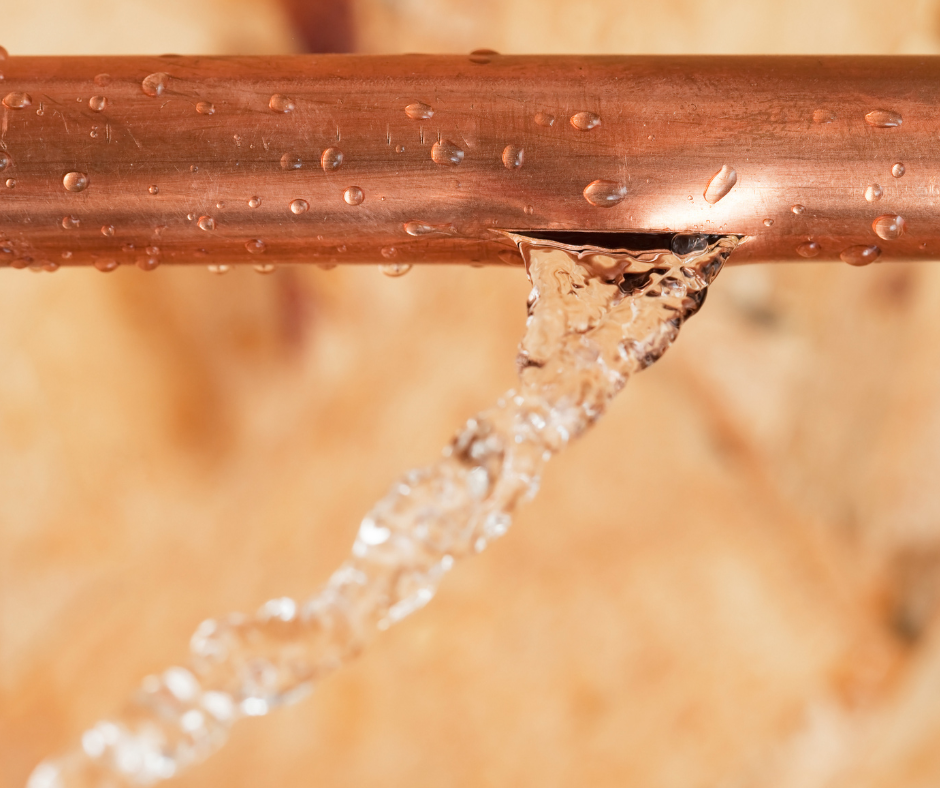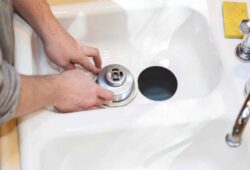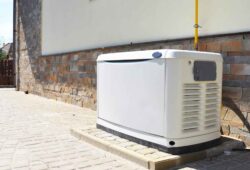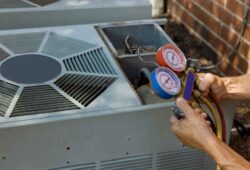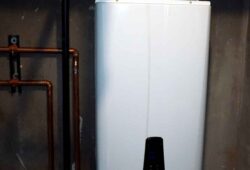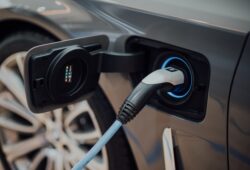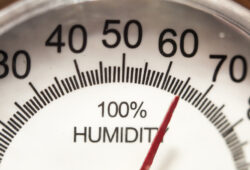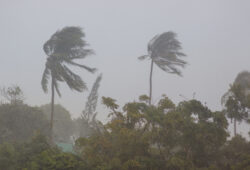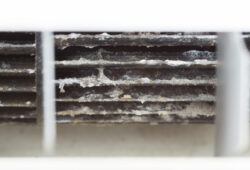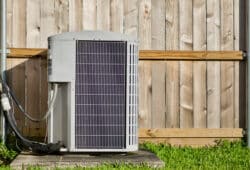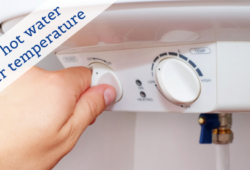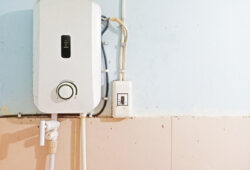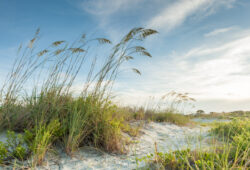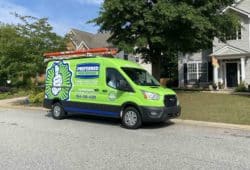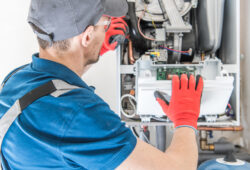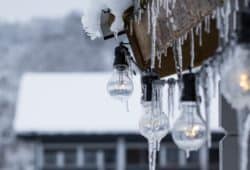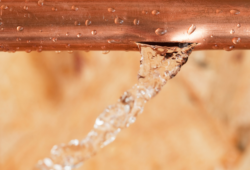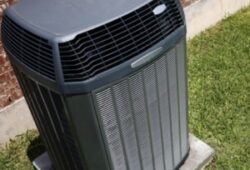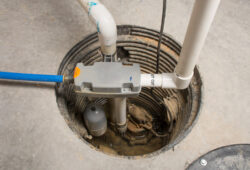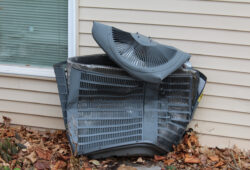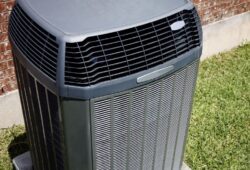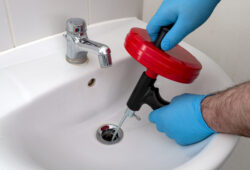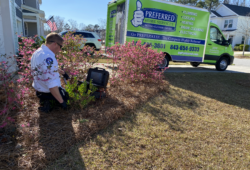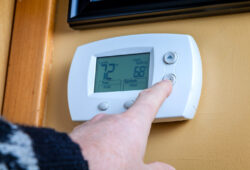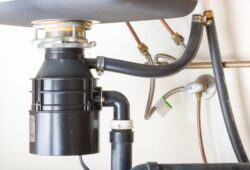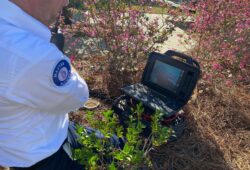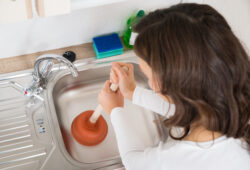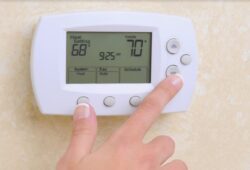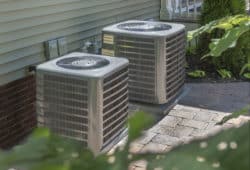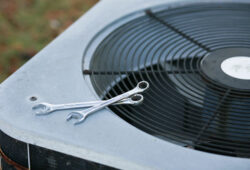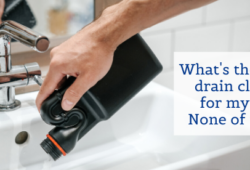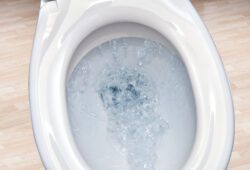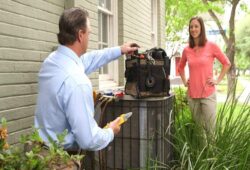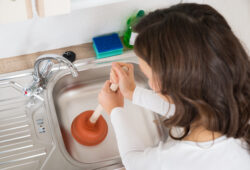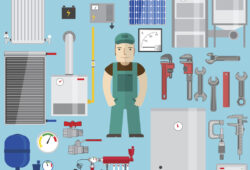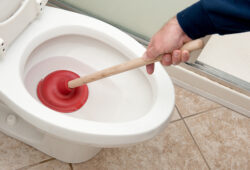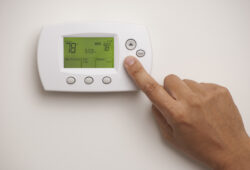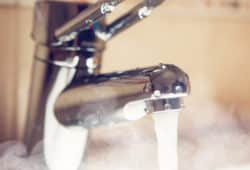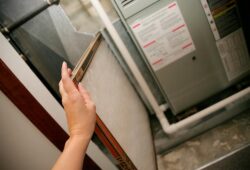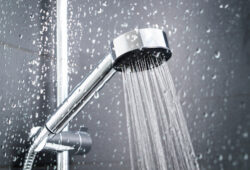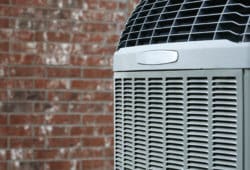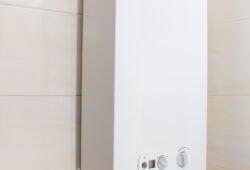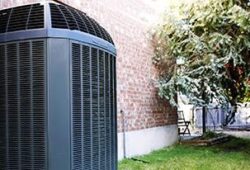Thankfully in South Carolina our temperatures are usually moderate most of the year. We don’t typically have to worry about the impact of cold weather on our homes. However, when the forecast calls for sustained extreme cold weather below freezing, preventative steps will help protect your home. You’ll want to prepare you home before the cold hits, but also be ready if you experience a frozen pipe. Here are some of our best tips to help you out this winter.
Drip Your Faucets
We understand no one wants to waste water, but moving water takes longer to freeze. When temps are below freezing, you’ll want a slow but steady stream of water flowing. This shouldn’t just be a drip every few seconds. You want to make sure the water continuously flows through your pipes. We recommend doing this at more than one faucet, especially any faucet located on an outside wall of your house.
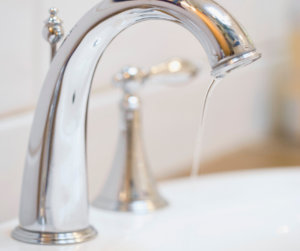
Open Cabinet Doors
This is meant for any cabinet that has pipes. Remember to do this in bathrooms, the kitchen and your laundry room. This helps allow warm air circulate under the cabinet easier. This is crucial for any pipes that are located on an exterior wall of your home since these are likely to freeze the fastest.
Locate Your Main Water Shut Off
Knowing where to find your main water shut off valve is important if the pipes freeze. This is usually located in your garage, utility room, or even your front yard. If this is in your yard, you will want to make sure you have a water key on hand. These can be purchased from your local hardware store and will allow you to turn off the water to your home if needed.
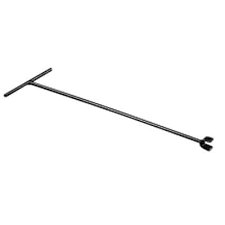
Set Your Thermostat If Going Out Of Town
If you plan on going out of town, set the thermostat no lower than 55 degrees. The colder your house gets, the more likely you are to return to a burst pipe and a big mess.
Disconnect Your Hose From the Hose Bibb
Even if you haven’t used your hose in weeks, water can still be present. As this water expands up the hose, it can crack your hose bibb. Disconnecting your hose is a simple fix to help prevent this from happening.
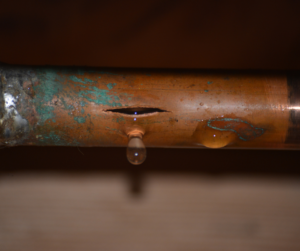
Taking these steps are a great way to help prevent your pipes from freezing. However, even with the best prevention, a pipe still may freeze. If you’re unsure this has happened, here’s what you can expect and what you should do.
- Your eyes will tell you that your pipes have frozen. No water will come from your faucet when you turn them on or you may see a trickle of water. You may also see frost on the pipes.
- There’s no need to panic if your pipes are frozen. It does not mean the pipe has burst.
- Wait to call a plumber.
- Stay home, if possible, if the pipes are frozen. As outside temperatures warm, your pipes will begin to thaw, and you will want to be there.
- Listen for the sound of running water. This will be a distinctive sound of a rush of water you wouldn’t normally hear in your room. If you hear water, you have a burst pipe.
- Shut the water off to your home.
- Call a plumber to get the pipe fixed. You will not want to turn the water back on to your home until the pipe has been repaired.
Our team of trained plumbers are here to help if you experience a burst pipe. We’re committed to your complete comfort. Call (843) 405-3601 or contact us online to learn more about our plumbing services.


